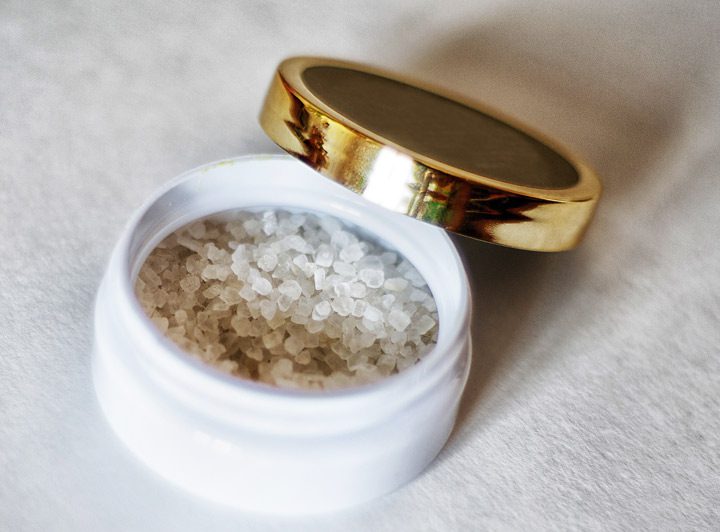
What Are Bath Salts?
Synthetic cathinones, or bath salts, are a type of drug classification describing lab-made chemicals. These chemicals are similar to cathinone, a natural stimulant curated from the khat plant. Those using this lab-made drug may be seeking a high that also includes hallucinations. In that way, bath salts are somewhat like MDMA (ecstasy) and methamphetamines. They are highly addictive and dangerous to overall health.
A Closer Look
Bath salts are sometimes referred to as silk, cloud nine, snow leopard, or bliss, as well as many other street names. They are commonly sold online or on the street. They are illegal and unregulated, which means that any purchase of bath salts may contain a wide range of additional drugs.
Statistics on bath salt use show that this drug results in thousands of visits to local emergency rooms each year. Because of the drug’s intensity and its ability to take over the senses, it can cause overdose with a single use.
Bath Salts Are Highly Addictive
These drugs can be very addictive. The National Institute on Drug Abuse notes that, when rats use these drugs, they compulsively self-administer. In the same way, humans are also likely to use this drug compulsively after using it just a few times.
What Happens When a Person Uses These Drugs?
When a person uses bath salts, the drug creates changes in the brain. These changes are much like what happens when a person uses amphetamines, MDMA, or cocaine. Bath salts are 10 times more powerful than cocaine.
When used, bath salts create:
- Hallucinations (intense sensory images that seem real though they are not)
- Paranoia (intense and unreasonable distrust of other people)
- Panic attacks and increased anxiety
- Friendliness
- Increased sex drive and lowered inhibitions
- Excited delirium
- At times, intense agitation and violent behavior
Bath salts also cause physical reactions, including increased heart rate, elevated blood pressure, chest pain, and cognitive impairment. Long-term use of the drugs can cause dehydration, which leads to kidney failure. Using these drugs over a period of time can create permanent cognitive damage, a loss of all pleasure, and intense anxiety.
Many people using bath salts develop complex complications including emotional upheaval, paranoia that doesn’t improve, insomnia, and tremors.
Mixing Bath Salts with Other Drugs
While the risks of using these drugs alone are high, some people may take even greater risk by mixing them with others, typically cocaine or alcohol. These combinations can lead to sudden death due to the heart stopping. Bath salts can also be dangerous because of the paranoia they create – which can be worsened when used with MDMA or cocaine. This can lead to psychosis.
Addiction Happens Over Time
Over time, a person using bath salts on a consistent basis may develop an addiction. This can happen quickly for some people. Once it does, a person seeks out the drug compulsively and cannot stop doing so. They recognize the risks of continued use but still feel the need to use.
Dependence forms when the body and brain become reliant on the drug. The brain eventually recognizes that the drug is a necessary substance to feel pleasure. Some people stop feeling pleasure in day-to-day life if they stop taking the drug.
The warning signs of addiction to bath salts include:
- Intense pain when not using the drug
- Loss of reality, seeing things that are not there even when not using the drug
- Intense agitation and panic when not using the drug
- Loss of appetite
- Depression when not using
If a person is dependent, they may experience intense withdrawal symptoms when they stop using the drug. Withdrawal symptoms can be so intense that people will become aggressive in procuring the drug to alleviate these symptoms.
What Can You Do If Your Loved One Is Using Bath Salts?
Treatment for addiction to bath salts can be effective. That treatment will likely require detox from the drugs, which ensures the substance is removed from the body fully. During that time, management of withdrawal symptoms is critical.
After detox, residential or outpatient treatment will help the person understand their motivations for using and give them resources to continue to stay sober after treatment. Cognitive-behavioral therapy and other types of therapy can provide significant improvement for many.
Our comprehensive residential treatment program at Victory Addiction Recovery Center can provide the help you need. Reach out to our team to learn more about how we can help you begin your journey to recovery.
